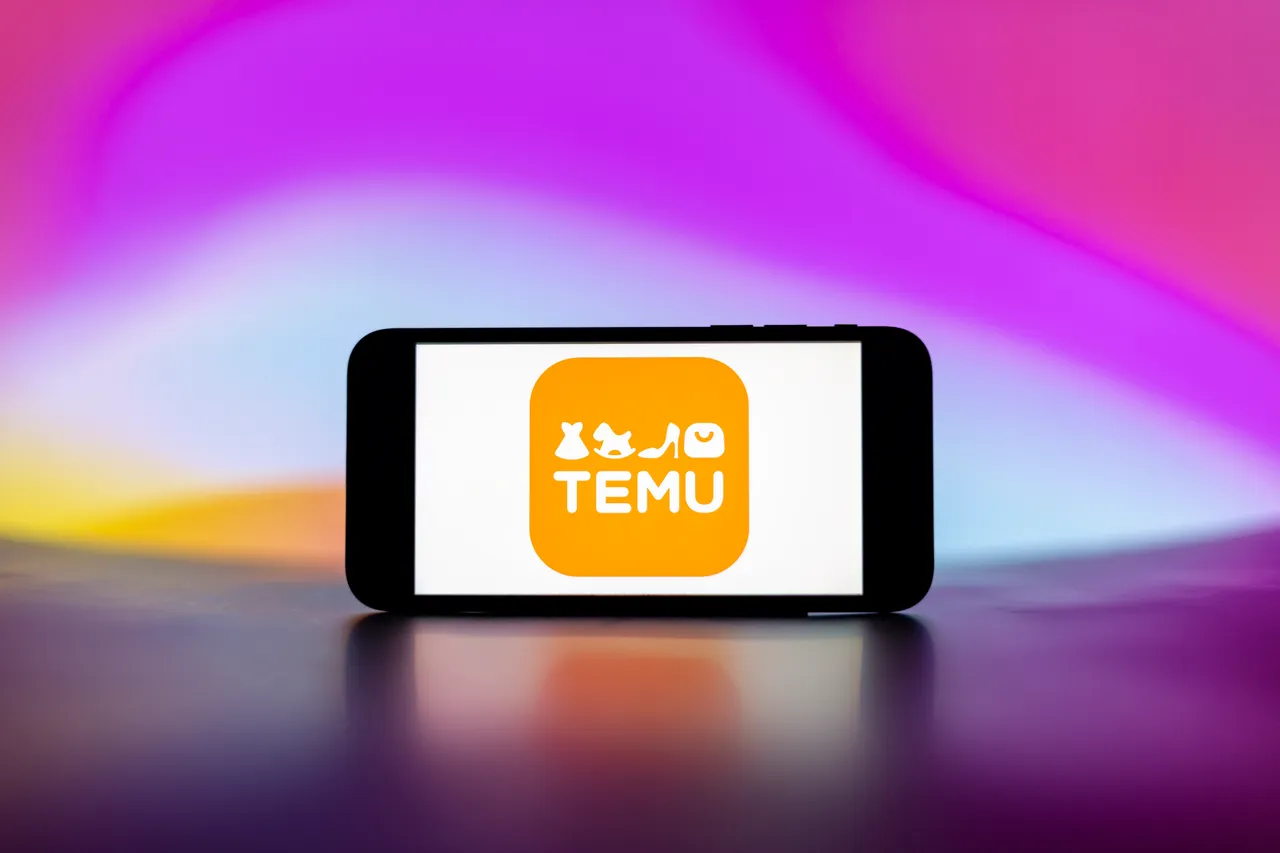Counterfeit products cost the global economy over $500 billion a year. The U.S. Trade Representative’s 2023 Notorious Markets List accuses major Chinese companies, including Pinduoduo, Temu’s sister company, of engaging in and facilitating substantial piracy and counterfeiting.
U.S. Notorious Markets List for Counterfeiting and Piracy
On 30 January 2024, the Office of the United States Trade Representative released the findings of its 2023 Review of Notorious Markets for Counterfeiting and Piracy (the Notorious Markets List), a private sector-focused report identifying “online and physical marketplaces that reportedly engage in and facilitate substantial piracy and counterfeiting.” https://ustr.gov/
According to the U.S. Chamber of Commerce, the global trade of counterfeit goods amounts to over $500 billion annually, impacting 325,000 jobs in the United States alone. The United States Trade Representative has identified notorious markets in the Special 301 Report on Intellectual Property Rights since 2006. Since February 2011, the Notorious Markets List has been published annually, separately from the Special 301 Report, “to increase public awareness and help market operators and governments prioritize intellectual property enforcement efforts that protect American businesses and their workers.” The List highlights prominent examples of online and physical markets where pirated or counterfeit goods and services are reportedly trafficked to the detriment of legitimate trade in IP-intensive goods and services.
The 2023 Notorious Markets List identifies 39 online and 33 physical markets that facilitate, ignore, or benefit from copyright piracy and trademark counterfeiting.
The biggest source of counterfeit goods
As in prior years, the 2023 Notorious Markets List identifies China as “the number one source of counterfeit products in the world.” The United States says China has failed to address the rampant trade of counterfeit goods.
The U.S. Trade Representative has repeatedly called out China as a priority to watch for and remediate a range of intellectual property rights concerns. Counterfeit and pirated goods from China and transhipped goods from China to Hong Kong accounted for 60% of the value of counterfeit and pirated goods seized by U.S. Customs and Border Protection (CBP) in 2022.
The Office of the U.S. Trade Representative has designated five large Chinese online platforms (Baidu Wangpan, DHgate, Pinduoduo, Taobao, and WeChat) as “notorious” sellers of counterfeit goods that violate U.S. trademarks and copyright law. It also included six physical markets in China known for manufacturing, distributing, and selling counterfeit goods.
Temu’s sister company on the piracy blacklist
Among the most problematic websites targeted by the Notorious Markets List is Pinduoduo – China’s second-largest e-commerce platform and the largest product of Chinese online retailer PDD Holding. Pinduoduo is better known in the Western markets for its international offshoot, the fast-growing Temu.
Pinduoduo appeared on the “notorious markets” list in April 2019, just nine months after PDD, the parent company of Pinduoduo and Temu, made a Nasdaq listing. In 2019, the U.S. Trade Representative blacklisted Pinduoduo for a proliferation of counterfeit products. Pinduoduo has been identified as a notorious market for counterfeiting and piracy ever since.
Pinduoduo appears to be moving in the wrong direction, according to the 2023 Notorious Markets List. Other platforms like Alibaba Group’s Taobao have taken some steps to contain the sale of counterfeit products. “Alibaba, the report says, has proactively engaged with right holders and the U.S. Government to improve its anti-counterfeiting processes and tools across its platforms.” Another Alibaba online retailer, AliExpress, included in the 2021 and 2022 reports, was officially removed from the 2023 Notorious Markets List.
In contrast, PDD’s Pinduoduo failed to curb the offer and sale of copyright-infringing products.
The U.S. Trade Representative notes “a further deterioration of Pinduoduo’s already ineffective seller vetting” in 2023. Piduoduo seems unwilling to engage with right owners to resolve the counterfeit products issue. Temu’s sister engages in practices that harm customers, “giving the appearance of legitimacy to counterfeit products and misleading consumers into believing that they are purchasing from the legitimate manufacturer or a licensed distributor.”
Source link
